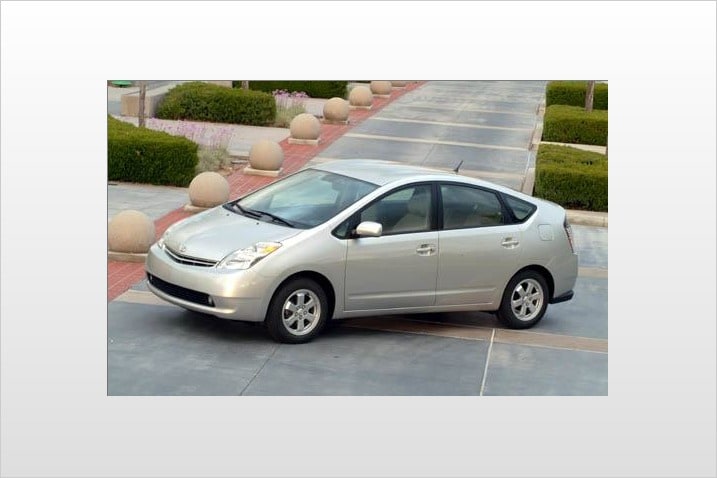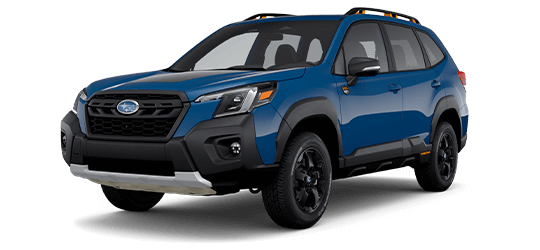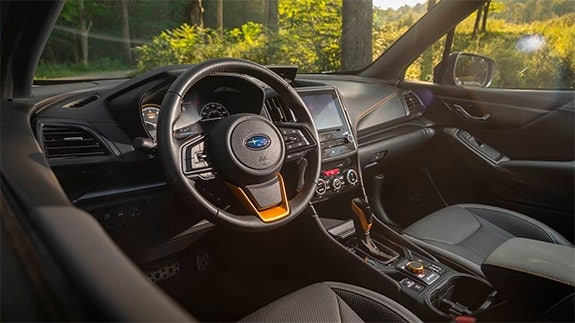When you shop for your next car, one of your top questions should be, "What kind of fuel economy does it get?" Gas prices are rising and many experts feel they will continue the upward trend indefinitely. Be prepared by making fuel economy your top priority.
Of course you will want to get a car that meets your other needs. Still, you might be surprised at how many different models are available that will provide good fuel economy and a long list of attractive features.


 by
by 
